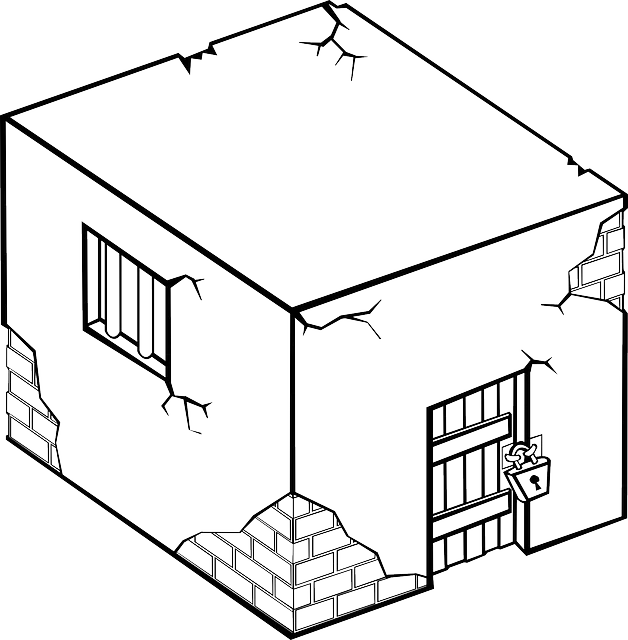Anxiety disorders, characterized by persistent worry and fear, disrupt daily life, but effective coping strategies exist. Mindfulness meditation, deep breathing, progressive muscle relaxation, exercise, diet, and sleep are key. Kratom, derived from Mitragyna speciosa, offers natural relief for anxiety and muscle relaxation through its active compounds' interaction with opioid receptors in the brain, reducing stress levels and symptoms like restlessness and tension. Combining Kratom with mindfulness practices, support groups, and therapy sessions provides a holistic approach to managing anxiety disorders, enhancing overall well-being.
Anxiety disorders affect millions, yet support is readily available. In this comprehensive guide, we explore various coping mechanisms and natural remedies to manage anxiety effectively. Understanding symptoms and their impact is crucial for seeking help. We delve into strategies like mindfulness and meditation, but also introduce kratom as a potential aid for muscle relaxation. By combining evidence-based practices with alternative treatments like kratom, individuals can navigate their journey to overcoming anxiety disorders with increased resilience.
- Understanding Anxiety Disorders: Symptoms and Coping Mechanisms
- Kratom for Muscle Relaxation: A Natural Approach to Managing Anxiety
- Effective Support Strategies for Overcoming Anxiety Disorders
Understanding Anxiety Disorders: Symptoms and Coping Mechanisms

Anxiety disorders are a group of mental health conditions characterized by persistent feelings of worry, fear, or anxiety that significantly impact daily life. These disorders encompass various types, such as generalized anxiety disorder (GAD), panic disorder, social anxiety disorder, and phobias, each with its unique set of symptoms. Individuals affected may experience physical manifestations like increased heart rate, rapid breathing, insomnia, fatigue, muscle tension, and even nausea. Cognitive symptoms include persistent negative thoughts, difficulty concentrating, and a general sense of restlessness.
Coping mechanisms play a vital role in managing anxiety disorders. Techniques such as mindfulness meditation, deep breathing exercises, and progressive muscle relaxation have been shown to be effective. Incorporating natural remedies like Kratom can also offer relief by promoting muscle relaxation and reducing anxiety. Engaging in regular physical activity, maintaining a balanced diet, and prioritizing adequate sleep are additional strategies that can empower individuals to take control of their mental health and alleviate anxious symptoms.
Kratom for Muscle Relaxation: A Natural Approach to Managing Anxiety

Kratom, a natural herb derived from the plant Mitragyna speciosa, has gained attention for its potential benefits in managing anxiety and promoting muscle relaxation. The primary active compounds in kratom, mitragynine and 7-hydroxymitragynine, interact with opioid receptors in the brain, offering a soothing effect on both mind and body. This interaction can help alleviate symptoms of anxiety, including restlessness and tension, by reducing overall stress levels.
Muscle relaxation is a significant aspect of managing anxiety disorders, as chronic stress often leads to muscle tightness and pain. Kratom’s ability to induce muscle relaxation makes it a promising natural alternative for those seeking relief from both anxiety and physical discomfort. By providing a calming effect without the side effects associated with some prescription medications, kratom offers a unique approach to supporting individuals in their journey towards better mental health.
Effective Support Strategies for Overcoming Anxiety Disorders

Anxiety disorders can be overwhelming, but there are effective support strategies that can make a significant difference in managing symptoms. One such strategy is incorporating Kratom, a natural herb known for its calming effects. The active compounds in Kratom interact with opioid receptors in the brain, promoting muscle relaxation and reducing anxiety. It’s particularly useful for social anxiety and panic disorders, offering a natural alternative to prescription medications.
Additionally, mindfulness practices like deep breathing exercises, meditation, and yoga can help individuals gain better control over their anxious thoughts. These techniques encourage focus on the present moment, thereby reducing the impact of past traumas or future worries that often trigger anxiety. Muscle relaxation exercises, when combined with these practices, can significantly enhance overall well-being. Support groups and therapy sessions also play a crucial role, providing a safe space for sharing experiences, learning coping mechanisms, and building resilience against anxiety disorders.
Anxiety disorders can significantly impact daily life, but understanding and effective support strategies offer hope. By recognizing symptoms and employing coping mechanisms, individuals can manage their anxiety effectively. One natural approach gaining traction is kratom for muscle relaxation, providing a safe alternative to traditional medications. In conjunction with professional help and social support, these strategies empower individuals to overcome anxiety disorders and reclaim control over their lives.






